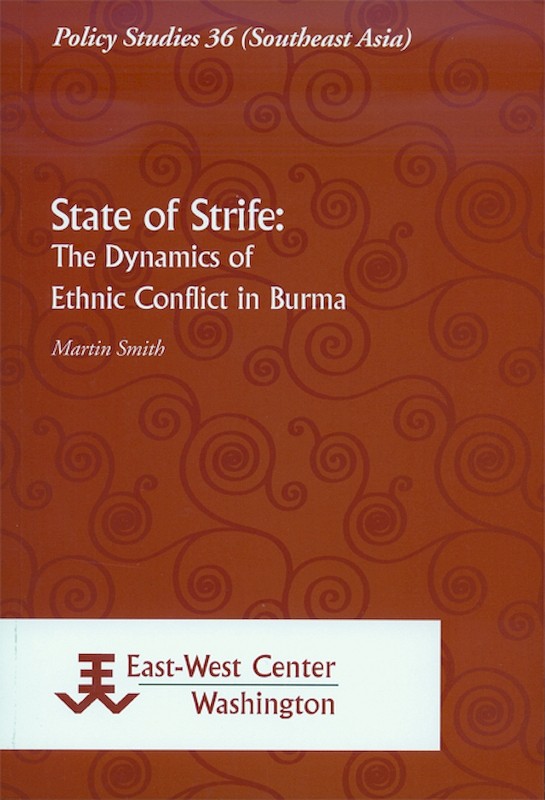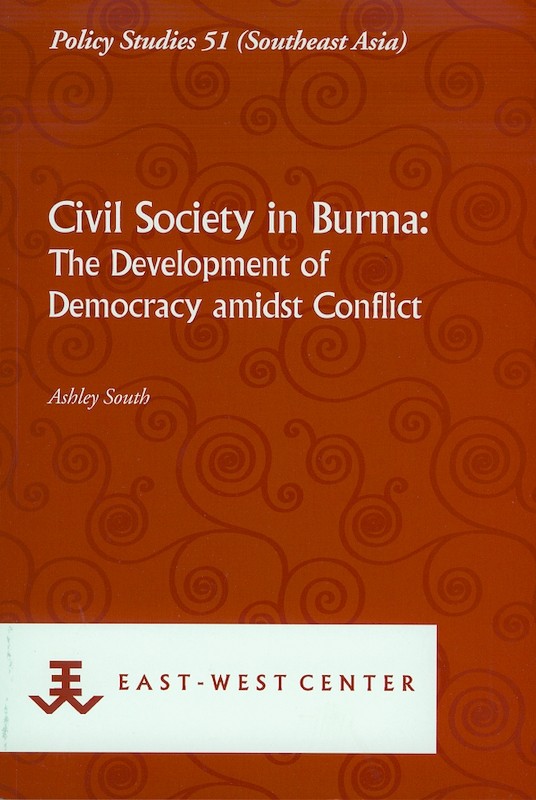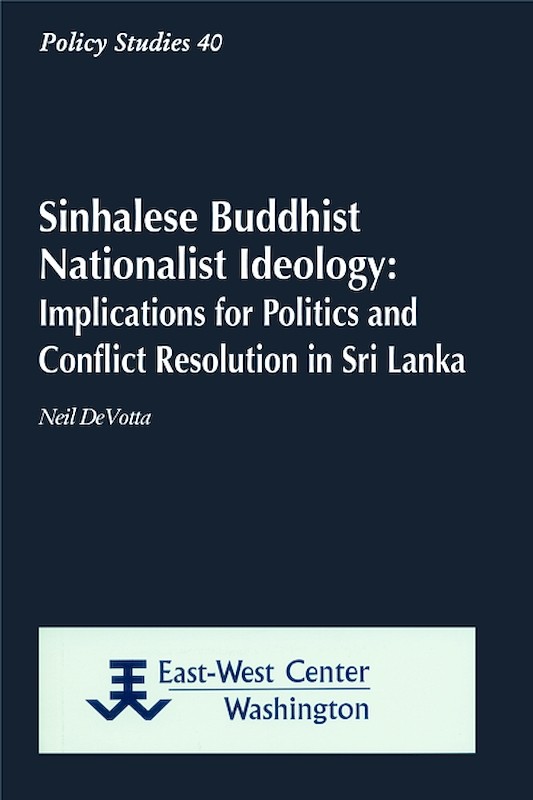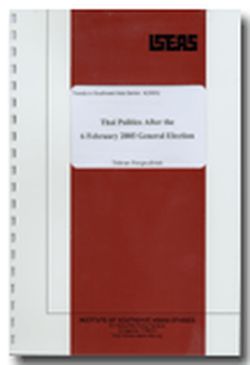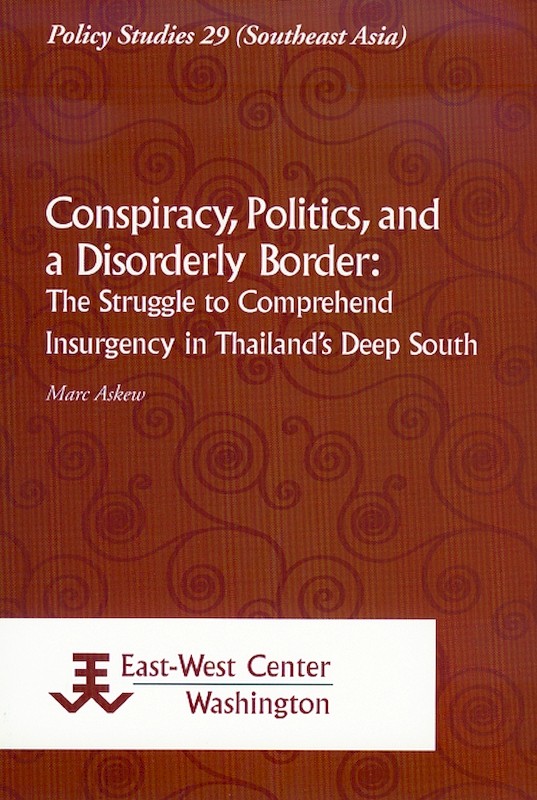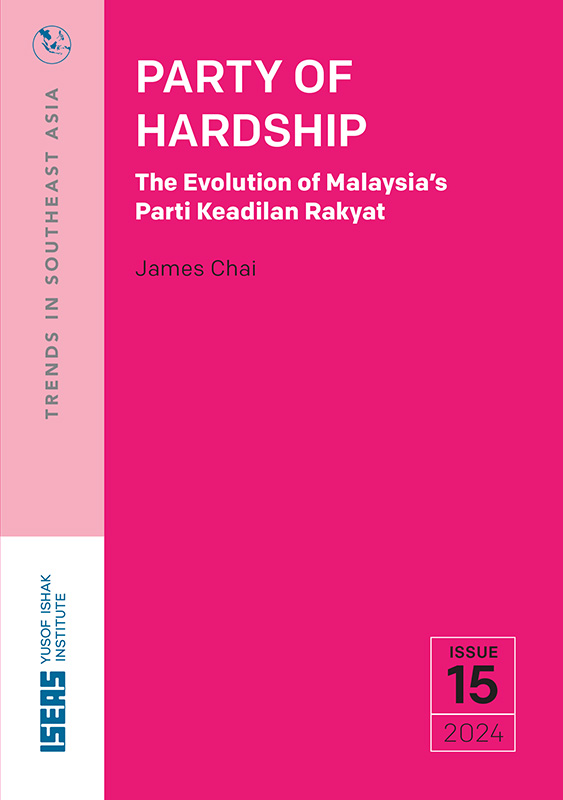The United Wa State Party: Narco-Army or Ethnic Nationalist Party?
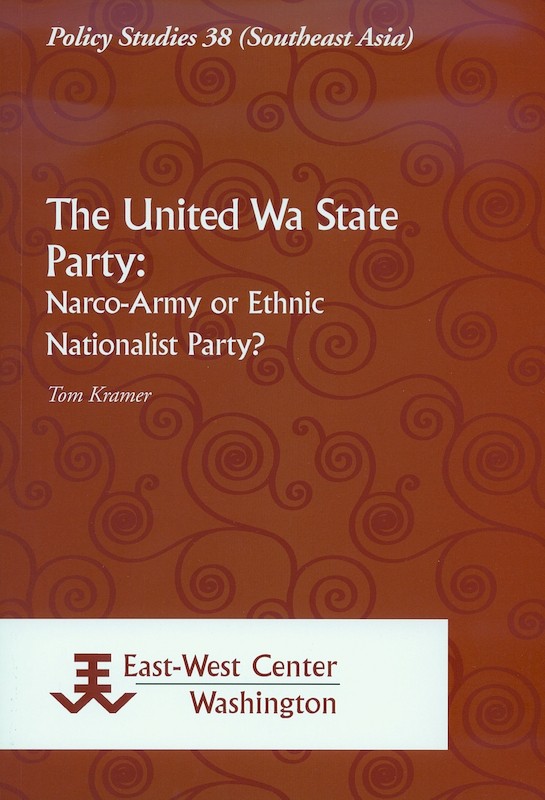
Tom Kramer, author
Date of publication:
2007
Publisher:
East-West Center
Number of pages:
100
Code:
PS38
Soft Cover
ISBN: 9789812304919
Reviews
"The strength of Kramer's book is that it is based on first-hand interviews with actors in the field. The weakness is that he tends to take what people like the UWSP's leaders, and Col Hkam Awng, say at face value. But there are instances when Kramer questions what he has been told. Demonizing the UWSP serves no purpose, as Kramer points out, and it is clear that the organization is more than a narco-army. But a more critical view of the UWSP would have been welcome" (The Irrawaddy).
"This book ... is the most comprehensive and authoritative review of the Wa Region's intricate political dynamics and local ways of life, ever carried out... We look to Tom Kramer to keep abreast of the situation and continue producing level-headed and well-substantiated reports on this volatile region" (Aseasuk News).
About the publication
This monograph argues that although the United Wa State Party (UWSP) has been branded by the international community as a "narco-trafficking army," the organization has an ethnic nationalist agenda whose aim is to build a Wa state within Burma. The UWSP is not innocent of narcotics-related crimes, but few conflict parties in Burma can claim to have clean hands. The weak capacity of the UWSP leadership has prevented it from developing a clear vision of how to develop a Wa state. Although the UWSP has promoted Wa nationalism, the population under its control is not mono-ethnic. The UWSP has implemented a ban on opium cultivation to comply with international pressure. It has called for international aid to offset the impact of the ban, but so far not enough assistance has come through. The organization has relocated thousands of Wa villagers to the Thai border area, displacing part of the original Lahu, Akha, and Shan populations and aggravating ethnic tensions.
Relations with the government remain tense, and peace has not been achieved. It is unlikely the UWSP will agree to disarm until some of its basic demands have been met. The United States has indicted eight UWSP leaders on drug trafficking charges. Thailand sees the UWSP as a security threat and accuses it of producing amphetamines. China has a better relationship with the UWSP and has given support and technical advice to the organization. The drug trade is controlled by powerful ethnic Chinese syndicates that have no interest in conflict resolution and state building. Demonizing and isolating the UWSP will make the organization more dependent on them, and will obstruct reconciliation efforts in Burma.
Relations with the government remain tense, and peace has not been achieved. It is unlikely the UWSP will agree to disarm until some of its basic demands have been met. The United States has indicted eight UWSP leaders on drug trafficking charges. Thailand sees the UWSP as a security threat and accuses it of producing amphetamines. China has a better relationship with the UWSP and has given support and technical advice to the organization. The drug trade is controlled by powerful ethnic Chinese syndicates that have no interest in conflict resolution and state building. Demonizing and isolating the UWSP will make the organization more dependent on them, and will obstruct reconciliation efforts in Burma.
Co-publication: East-West Center
Policy Studies series publication on Southeast Asia, co-published by the East-West Center and ISEAS. Available exclusively from ISEAS for distribution in Asia.
Contents
-
The United Wa State Party: Narco-Army or Ethnic Nationalist Party?
[Whole Publication, ISBN: 9789812304926]

